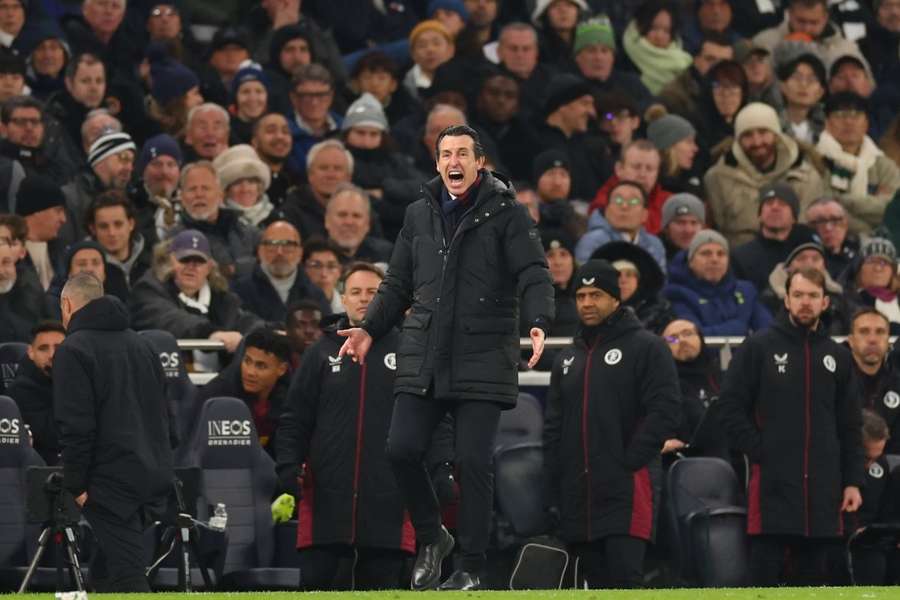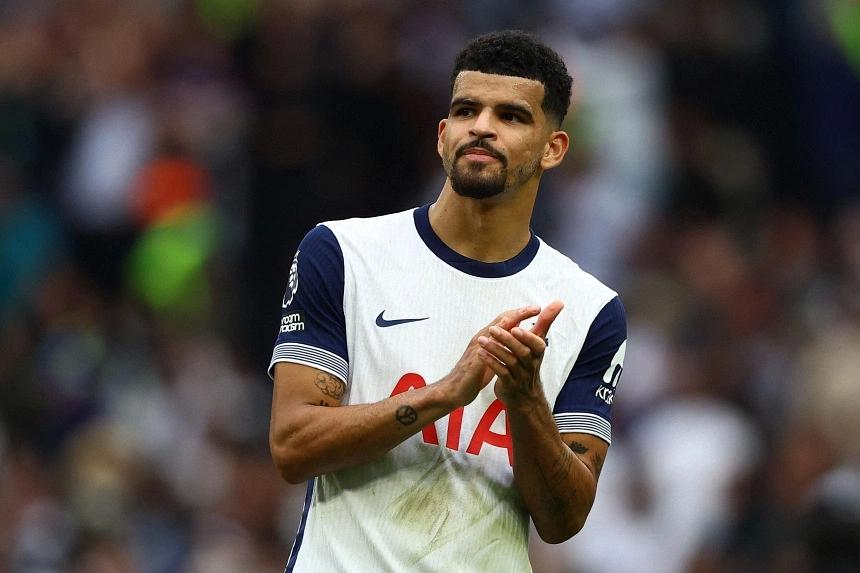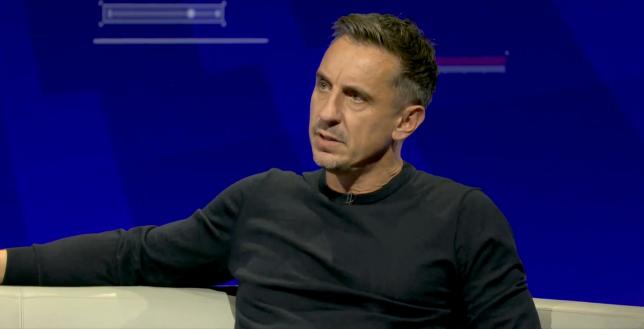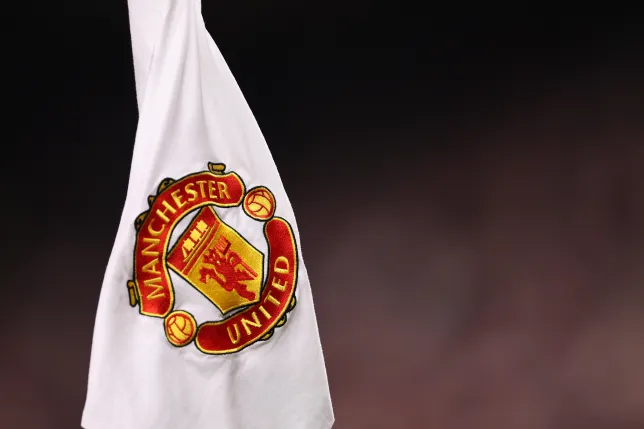The issue of player naturalization and its impact on his son

In recent years, the issue of player naturalization has been receiving much attention. Player naturalization means that a country allows foreign players or foreign athletes to join the national team and represent the country in domestic and foreign competitions. The naturalization of players has a complex and far-reaching impact on these players 'own development and on their sons.
For the players themselves, naturalization can provide them with better development opportunities. In some European countries, naturalization policies are relatively loose. In order to enhance the strength of the national team, these countries will systematically select and introduce outstanding foreign players. This is a way to get better opportunities for players from non-football powers or developing countries. Through naturalization, they can integrate into the national team, be exposed to higher-level competitions and training, and improve their personal skills and overall qualities.
However, naturalization of players can also cause some trouble for these players themselves. On the one hand, they may face cultural and language differences. Integrating into a new country and environment requires adaptation, which sometimes causes psychological and emotional stress. On the other hand, players may have conflicts and conflicts between their original nationality and their new nationality. They not only have to deal with the attention and pressure of the media and fans, but also face the balance of tasks and interests between the national team and the club.
For a player's son, the naturalization of a player will also have a certain impact. The change from one nationality to another will change their identity and sense of belonging. They may need to deal with new cultures, languages and education systems. This has a certain impact on their growth and development. On the one hand, they may face the impact of multiculturalism and need to adapt to the new environment and understand different values. On the other hand, they may be exposed to multiple football cultures at the same time, which can also provide more development opportunities and experience.
The issue of player naturalization and its impact on sons is a complex issue. For the players themselves, naturalization can provide them with better development opportunities, but it also brings many troubles. For a player's son, naturalization of a player means a change in identity and sense of belonging, and it also has a profound impact on growth and development. Despite this, player naturalization remains a controversial topic that requires weighing the pros and cons and seeking a fair and reasonable solution.
RELATED STORIES






LATEST NEWS







